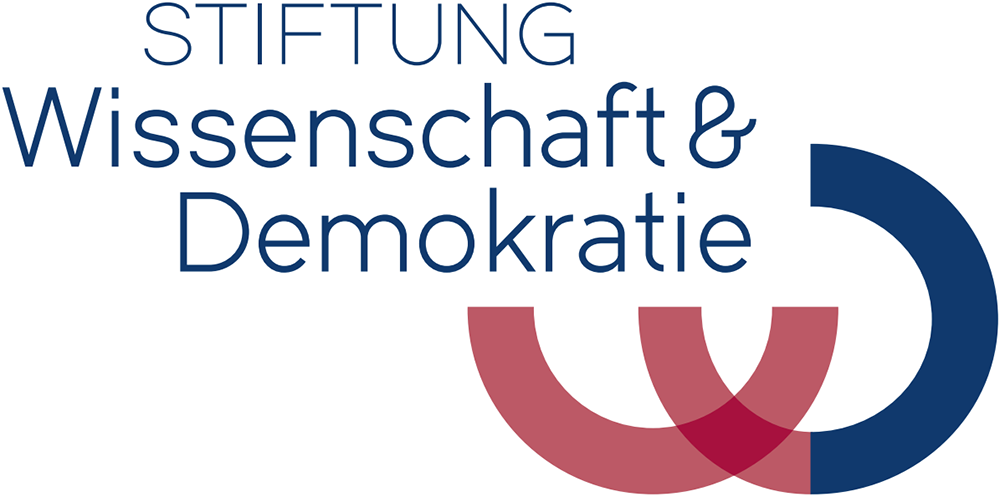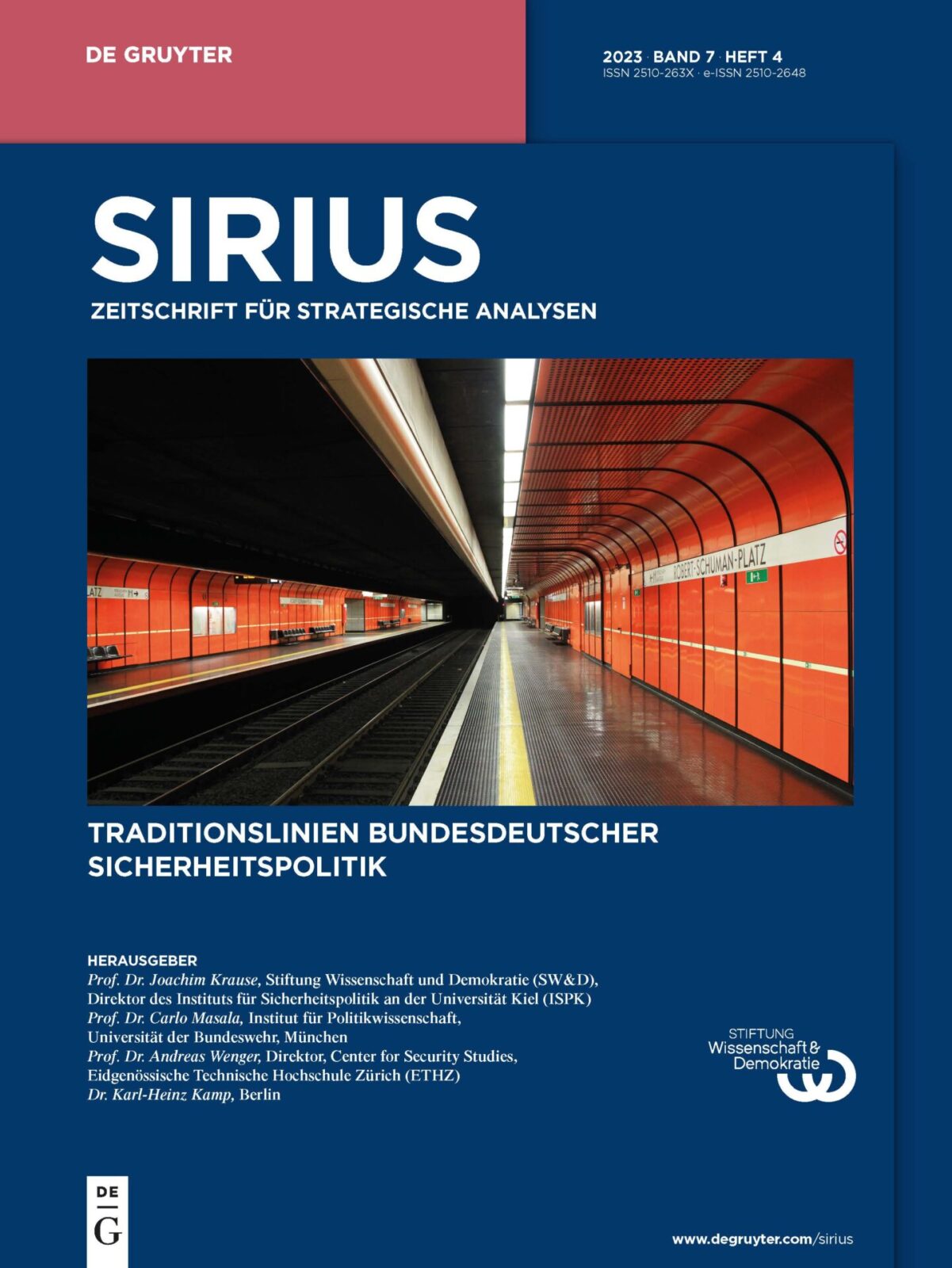Since the 1950s and 1960s, a series of traditional lines of German security policy can be observed that continue to have an impact today and which have been partially revitalised with the turn of the century. The current issue takes a look at the policies of the period before the past two decades.
The current issue of SIRIUS looks at key aspects of this topic based on recent historical research:
- The contribution from Jéronimo L. S. Barbin and Torsten Konopka "Military restraint or military engagement? The emergence and development of the strategic culture of the Federal Republic of Germany until 1990 in the light of archive sources„ deals with restrictions that have been imposed on Bundeswehr deployments abroad.
- Karl Kaiser and View Joachim Krause consider in their contribution "The discreet charm of ambivalence - nuclear weapons and German unification" another traditional line of German security policy: the renunciation of nuclear weapons and other weapons of mass destruction.
- The essay "The nuclear dimension of Germany's F-35 decision of 2022 in historical perspective", from Andreas Lutschalso deals with Germany's renunciation of nuclear weapons.
- Maximilian Mayer and Yen-Chi Lu deal in their essay "Illusions of autonomy? Europe's position in the global digital dependency structures" on the other hand, with a more future-oriented topic: What is Europe's position in the global digital dependency structures?
Under the category "in memoriam" is a tribute to the late artist who died in March 2023. Dr h.c. Uwe Nerlich to find. Originally intended as an obituary, it became a comprehensive tribute to Nerlich as a co-founder of civil strategy research in Germany.
The current issue of SIRIUS also concludes with the presentation of the results of various international strategic studies and several Book reviews from.
As usual, the entire current issue is available online under the Open Access licence via De Gruyter Verlag HERE freely available.


